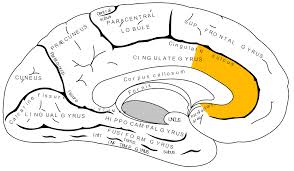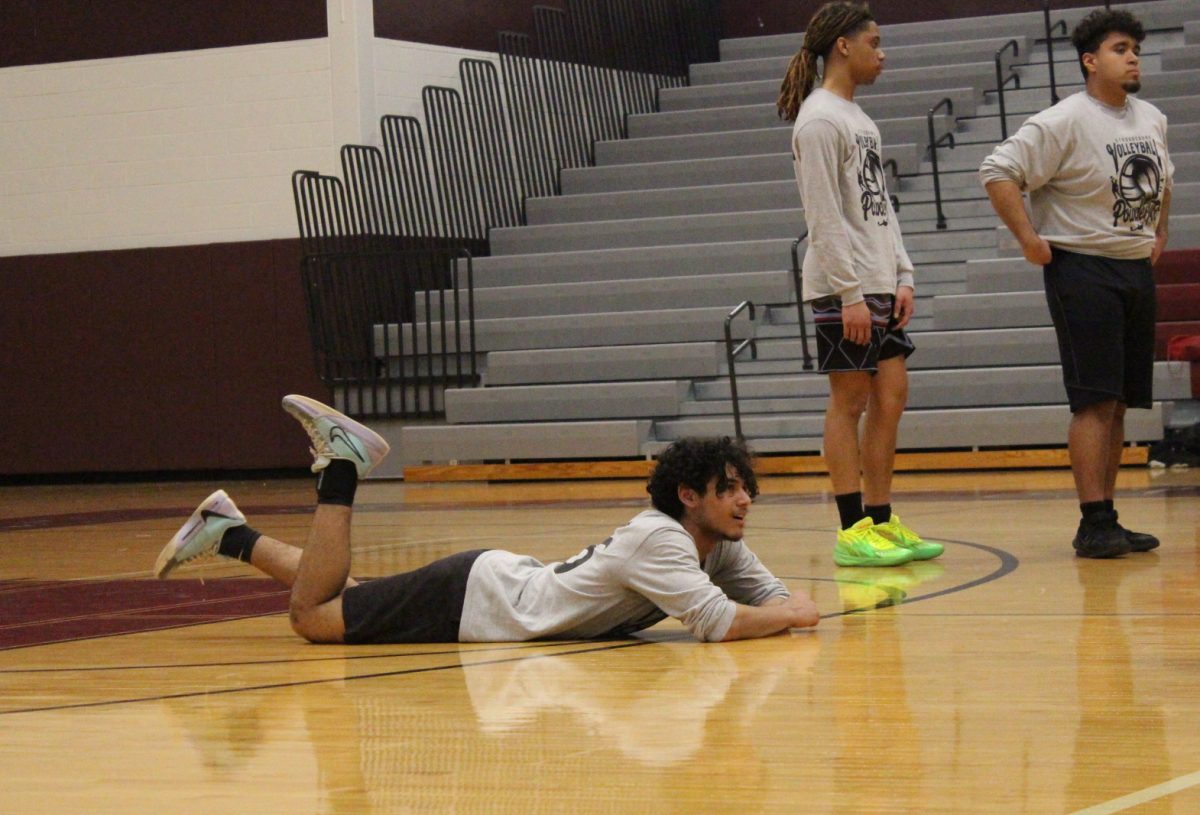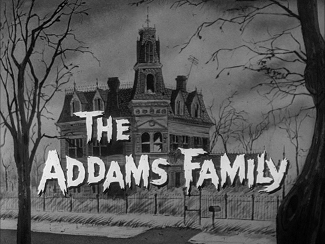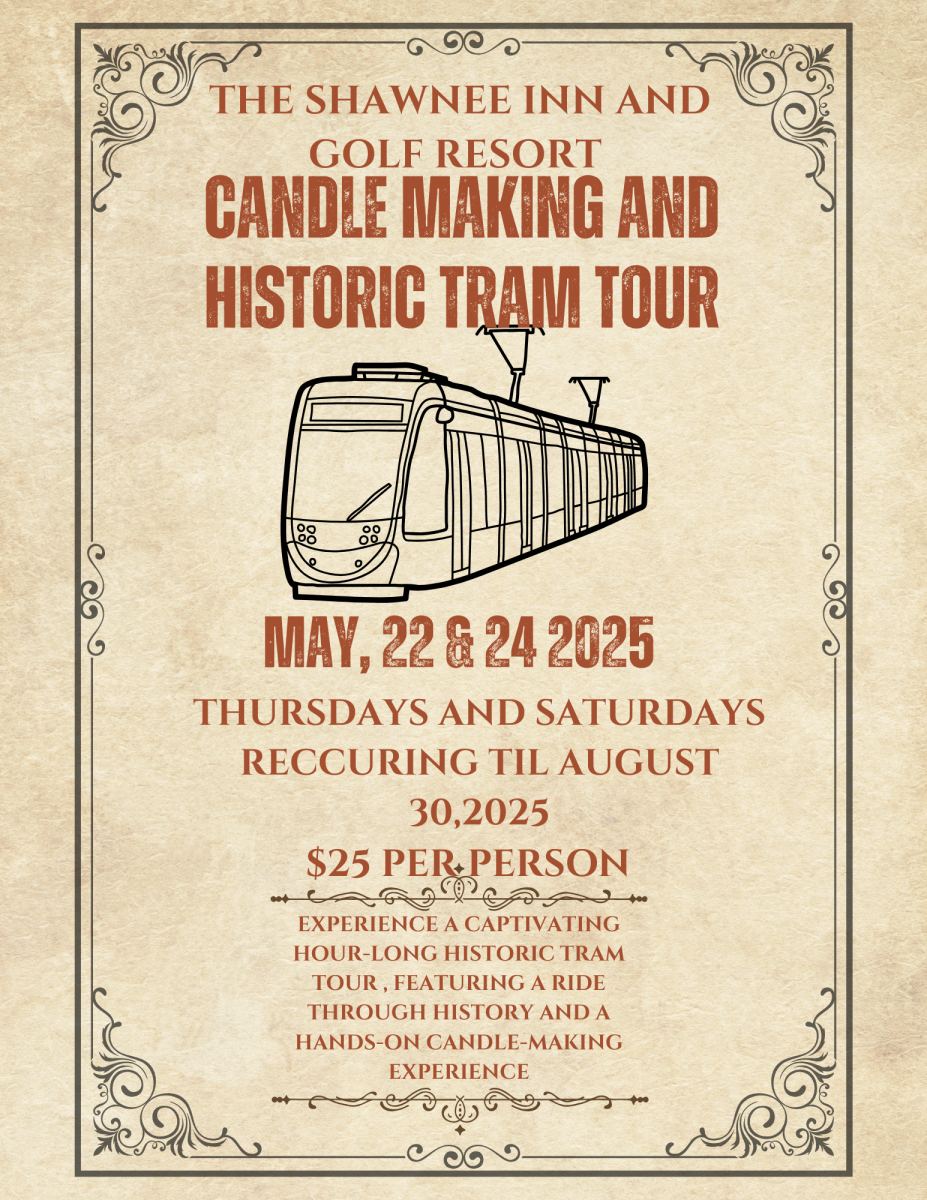Teenagers: Are adult’s expectations giving you a headache?

April 3, 2015
The adolescent brain is considered by many to be the eighth wonder of the world. Ai??The teenage years in a personai??i??s life are hard enough for them to understand without any distractions, but throw in the pressure of society to act like an adult while still being treated as a child, and you’ve got yourself a thoroughly confused teenager.
As teenagers, many of us feel that our opinions are merely cast aside in situations that involve making important decisions. While chemicals in the mind release hormones and create reactions, teenagers struggle to obtain goals set out for them by parents and mentors. In order for a child to grow into a mature adult, a balance of responsibility, independence, and nurturing must be provided in a way that makes them feel that they are their own person.
In 47 states, the legal age of adulthood is 18. One is not only expected to live on their own at this age, but is also expected to have an idea of what they would like to do for the rest of their lives. Although many put their faith in the assumption that 18-year-old adults can function in the real world without ai???mommy and daddy,ai??? this thought contradicts the major argument in the debate of how teenagers are treated versus how they are expected to act.
Many believe that the brain is not fully developed in the teenage years. This is correct. The human brain is not fully matured until the age of 25. Given this fact, why, on average, do so many young adults decide to settle down with their life partner and start a family by the young age of approximately 25.1 years old? The answer is simple: one must learn to live as an adult in order to do so.
Psychologist Laurence Steinberg argues, ai???society has a contradictory and irrational approach to dealing with young people.ai??? As the brain matures, the teenager is of the opinion that they too may mature and make decisions, and yet they are almost never given the chance to do so. The pent up emotion that is the product of being shielded from these opportunities results in anger and depression in almost all cases.
Research shows that most cognitive reasoning and brain functions peak around age 14-15. By denying a child the chance to use and develop the parts of their brain most in need of attention, one could argue that we alter the growth of the brain. In order for our brains to be able to reach full potential, we must be able to exercise them by making decisions or contemplating serious situations.
The hesitation of the older generations regarding how to deal with teenagers most likely stems from groups of children partaking in rowdy, harmful activities. Many believe that giving a teenager independence could produce a child that doesn’t want to have responsibilities and instead chooses not to live the life of an adult. Actor Michael J. Fox says, ai???Teenagers blithely skip off to uncertain features, while their parents sit weeping curbside in the Volvo, because the adolescent brain isn’t yet formed enough to recognize and evaluate risk.ai???
To a degree his statement is true, but teens are expected to complete a full 180 lifestyle change when they enter college. The brain is not fully mature, yet teenagers are expected to be able to live on their own and make decisions for themselves. But how does society expect adolescents to do this when they have not yet been given the opportunity to learn the skills?
Author and historian John Green puts his thoughts into words in an interview: ai???Iai??i??m tired of adults telling teenagers that they aren’t smart, that they canai??i??t read critically, that they aren’t thoughtfulai??i??.ai???
As a teenager living in these time I am forced to ask, are adults of the older generations choosing to be oblivious to the signs of frustration and depression emanating from teenagers, or are they simply unaware of the circumstances? In a world where adolescents are the future, it may be time to start treating them as though they are.





































































































